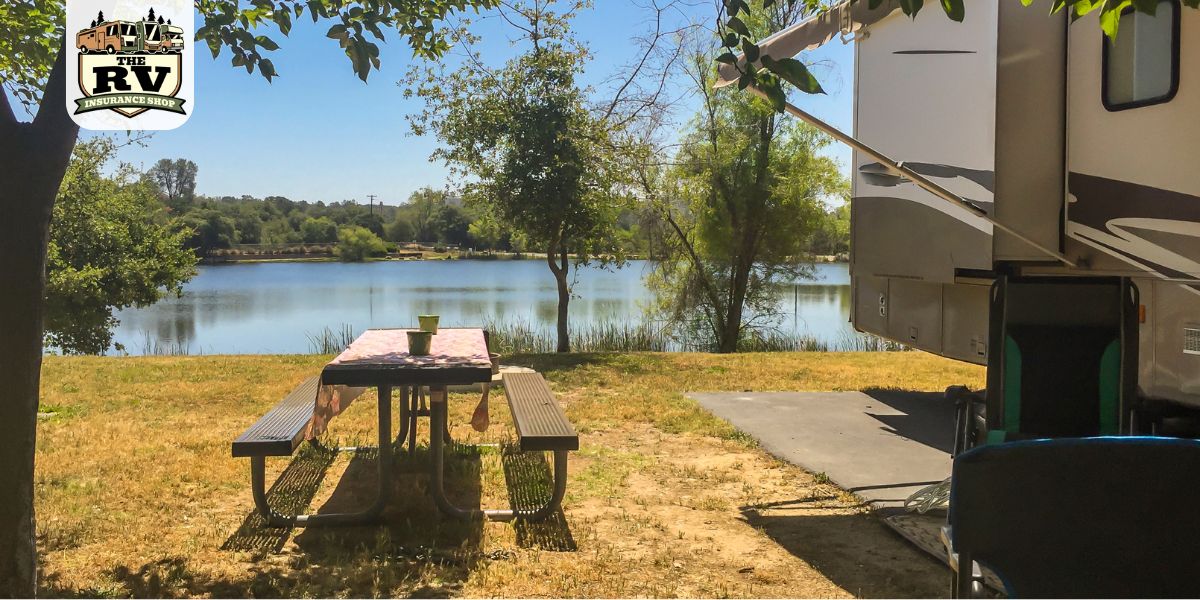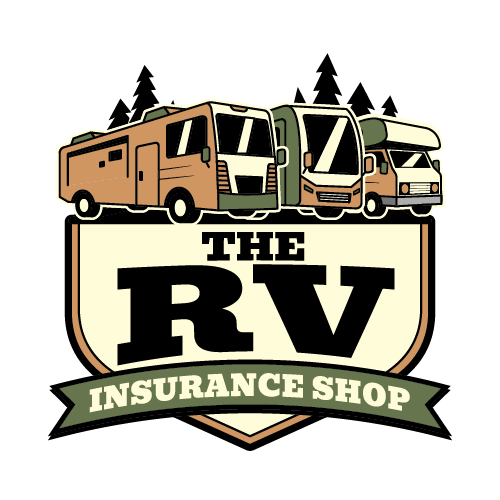Understanding the Different Types of RV Insurance

Owning an RV offers a unique blend of travel and comfort, but it also comes with specific risks that require proper insurance coverage. Understanding the different types of RV insurance available is crucial to ensuring that you’re adequately protected, whether you’re a weekend warrior or a full-time adventurer. In this blog post, we’ll explore the various types of RV insurance and explain how each one works to safeguard your investment.
Collision Coverage
Collision coverage is one of the fundamental types of insurance you’ll need for your RV. It covers the cost of repairing or replacing your RV if it’s damaged in an accident, regardless of who is at fault.
- What It Covers: Collision coverage pays for damages resulting from an accident with another vehicle or an object, such as a fence, tree, or guardrail. It doesn’t cover damage caused by non-collision events, like theft or weather.
- Why It’s Important: Given the size and complexity of RVs, repairs can be costly. Collision coverage ensures that you won’t be left paying out of pocket for extensive repairs or the replacement of your RV.
- When It’s Required: If you have a loan on your RV, the lender will likely require you to carry collision coverage. Even if it’s not required, it’s highly recommended for all RV owners.
Comprehensive Coverage
Comprehensive coverage protects your RV from damage caused by events other than collisions. This type of coverage is essential for safeguarding against a wide range of risks that RV owners face.
- What It Covers: Comprehensive insurance covers damage from theft, vandalism, natural disasters (such as floods, hail, or hurricanes), fire, and even encounters with animals. It’s a broad coverage that includes many potential hazards.
- Why It’s Important: Comprehensive coverage provides peace of mind knowing that your RV is protected from various risks, not just accidents. It’s especially important for RVs that are stored in areas prone to natural disasters or those that travel frequently.
- Key Considerations: Comprehensive coverage often comes with a deductible, which is the amount you must pay out of pocket before the insurance covers the rest. Choose a deductible that fits your financial situation.
Liability Coverage
Liability coverage is another essential component of RV insurance, protecting you from financial responsibility if you cause an accident that injures someone or damages their property.
- What It Covers: Liability coverage pays for the medical expenses, property damage, and legal fees if you are found at fault in an accident. It covers costs for both bodily injury and property damage.
- Why It’s Important: Given the potential for serious accidents involving RVs, liability coverage protects you from significant financial losses and lawsuits. Without adequate liability coverage, you could be personally responsible for paying these expenses.
- How Much Coverage You Need: Liability limits vary, and it’s wise to carry as much coverage as you can afford. Higher limits offer more protection, especially if you’re involved in a severe accident.
Uninsured/Underinsured Motorist Coverage
Uninsured/underinsured motorist coverage protects you if you’re involved in an accident with a driver who has little or no insurance.
- What It Covers: This coverage pays for damages to your RV and medical expenses if the at-fault driver is uninsured or doesn’t have enough insurance to cover the full cost of the damage.
- Why It’s Important: Even though most states require drivers to carry insurance, not everyone complies. This coverage ensures that you’re not left paying for damages out of pocket in such situations.
- When It’s Critical: Uninsured/underinsured motorist coverage is particularly important if you frequently travel in areas with high rates of uninsured drivers or if your RV is expensive to repair or replace.
Personal Effects Coverage
Personal effects coverage protects the belongings inside your RV, which can be as valuable as the RV itself.
- What It Covers: This coverage insures items such as clothing, electronics, camping gear, kitchen appliances, and other personal belongings that are stored in your RV. It’s similar to personal property coverage in a homeowner’s policy.
- Why It’s Important: RVs often serve as second homes, and many RVers carry valuable items that would be expensive to replace. Personal effects coverage ensures that your belongings are protected from theft, damage, or loss.
- Special Considerations: High-value items may require additional coverage or riders to ensure they are fully protected. Be sure to discuss these with your insurance provider.
Emergency Expense Coverage
Emergency expense coverage is a must-have for those who travel extensively in their RV. It provides financial assistance if your RV becomes uninhabitable due to a covered loss while you’re away from home.
- What It Covers: This coverage helps pay for temporary lodging, transportation, and meal expenses if your RV is damaged in an accident or by another covered event and you can’t stay in it.
- Why It’s Important: Being stranded far from home with a damaged RV can be stressful and expensive. Emergency expense coverage ensures that you have the financial support you need to get through such situations.
- How It Works: Coverage limits vary, so it’s essential to understand how much is available and what types of expenses are covered. This is particularly important for full-time RVers who rely on their RV as their primary residence.
Roadside Assistance Coverage
Roadside assistance coverage is designed to help you in case of a breakdown or other issues while on the road. Given the size and complexity of RVs, having specialized roadside assistance is invaluable.
- What It Covers: This coverage typically includes towing, tire changes, battery jumps, lockout services, and sometimes even emergency fuel delivery. It’s tailored to the needs of RVs, which often require more specialized services than standard vehicles.
- Why It’s Important: RV breakdowns can be more challenging and costly than those involving standard cars. Roadside assistance provides peace of mind, knowing that help is just a phone call away.
- When to Consider It: If you travel frequently or in remote areas, roadside assistance coverage is highly recommended. It’s also beneficial for new RVers who may be less familiar with handling roadside issues.
Conclusion
Understanding the different types of RV insurance is crucial for ensuring that you have the right protection in place. Each type of coverage serves a specific purpose, from protecting against accidents and natural disasters to covering your personal belongings and providing roadside assistance. By carefully considering your needs and the risks associated with RV ownership, you can select the insurance options that best safeguard your investment and allow you to enjoy your RV lifestyle to the fullest.

